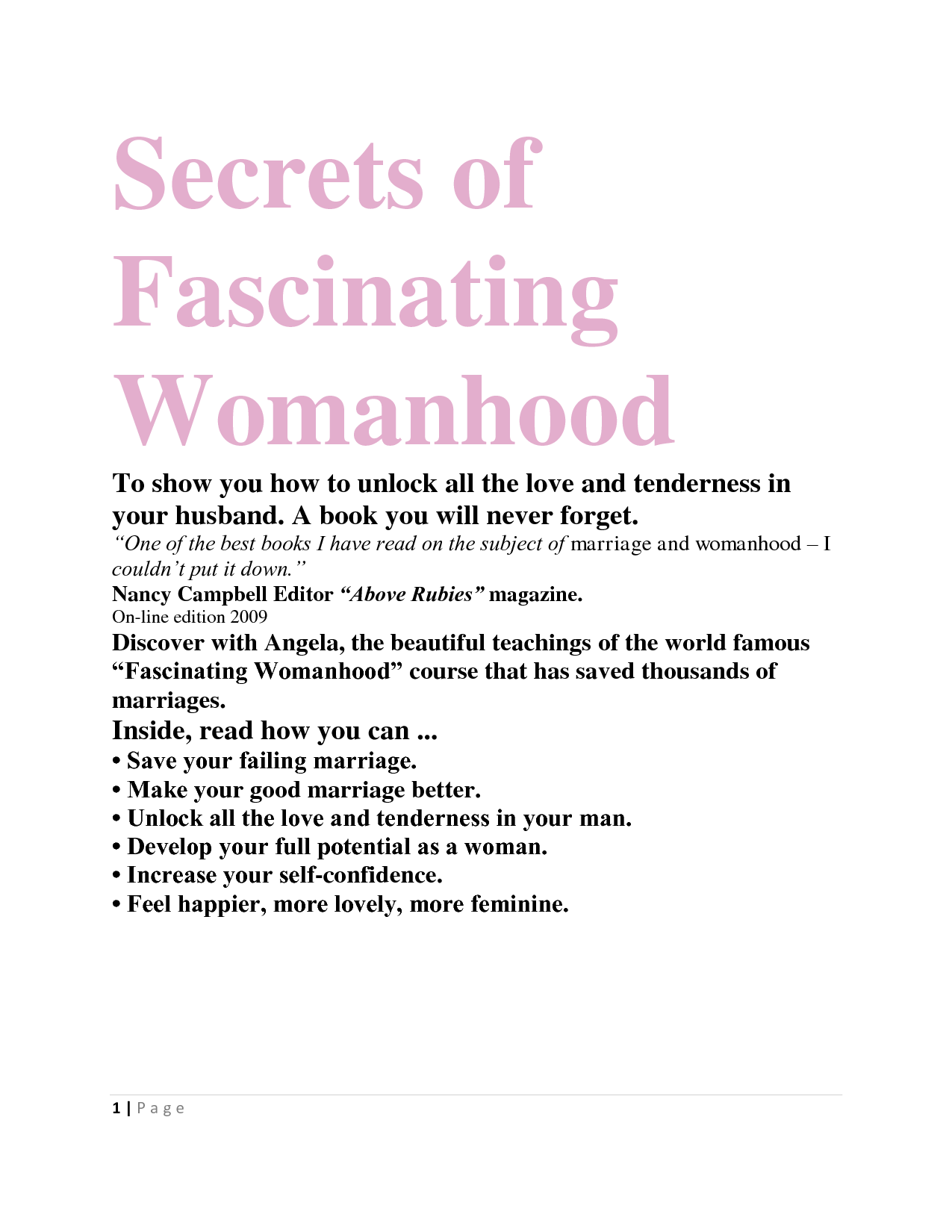

Yet the resistance needs to reach a critical mass in order to really influence politics. To avoid replicating the very injustices the movement is hoping to correct, it can’t cater to the newly woke. But it’s a complicated message for brand-new activists and those who have been checked out of feminist politics for a few decades. This pretty standard intersectional-feminist fare.

We cannot show up for the movement and say, ‘Here we are!’ until we say, ‘We are so damn sorry it took us so long.’ … And so when white women say to me, ‘How do I lead? Where do I begin?’ I say, ‘You do not lead! And you don’t begin anything!’ The fight for civil rights is not new, we’re just new to it.” But what we need to remember is that this is just a touch of the pain that so many marginalized people in this country have been feeling for ages.” She continued, “What sucks is that it took us being personally affected to finally show up. “I know that many of us are feeling alone and ignored and threatened and abused … And this is painful. Here, among Oprah fans in decidedly left-leaning Southern California, she was calling the 47 percent to task. But Doyle was not addressing the much-lamented 53 percent. Finally, someone on stage was acknowledging the white elephant in the room: Most of us were members of a demographic that had voted for Trump. The woman sitting next to me sucked in a breath through her teeth. There was a smattering of nervous laughter. Then, 20 minutes into her talk, Doyle said, “Okay, so I need to talk to the white women for a minute.” Even if the revolution were to be televised, it would not be sporting beach waves, a white ruffled halter top, and Louboutins. But as she bopped out onto the SuperSoul stage, my bias returned. My interest was piqued when I learned, in Oprah’s intro video, that Doyle had recently left said husband and was now partnered with soccer star Abby Wambach. Doyle made her name blogging about the “brutiful” struggle of raising a family and went on to write two best-selling memoirs, the first ( Carry On, Warrior) about getting sober and having kids, and the second ( Love Warrior) about choosing to recommit to her husband after he cheated on her. So when Glennon Doyle took the stage that afternoon, my expectations were low. Oprah went so far as to say, “We’re living in a world of fear-based leadership.” Pastor John Gray extolled the virtues of “seeing the beauty and the divine nature of every human being that you encounter.” And, when Gabrielle Bernstein asked, “Are you ready to surrender?” I understood the context yet still wondered if she’d read a single news article in the past year. Their well-honed messages about personal growth, which may have sounded bold and uplifting during the Obama years, had taken on a deflated quality in the face of the blatant injustices of the nascent Trump era. The daylong event was like a self-helpier, more woman-centric TED conference, where more than 1,500 people, most of them white women like me, had gathered to hear eight Oprah-curated speakers. Last April, with the 2016 election results still stinging, I found myself in an auditorium in Los Angeles for Oprah’s SuperSoul Sessions.


 0 kommentar(er)
0 kommentar(er)
